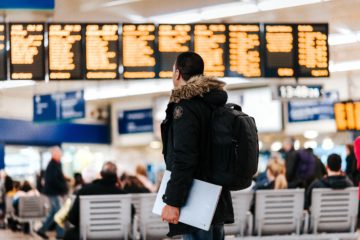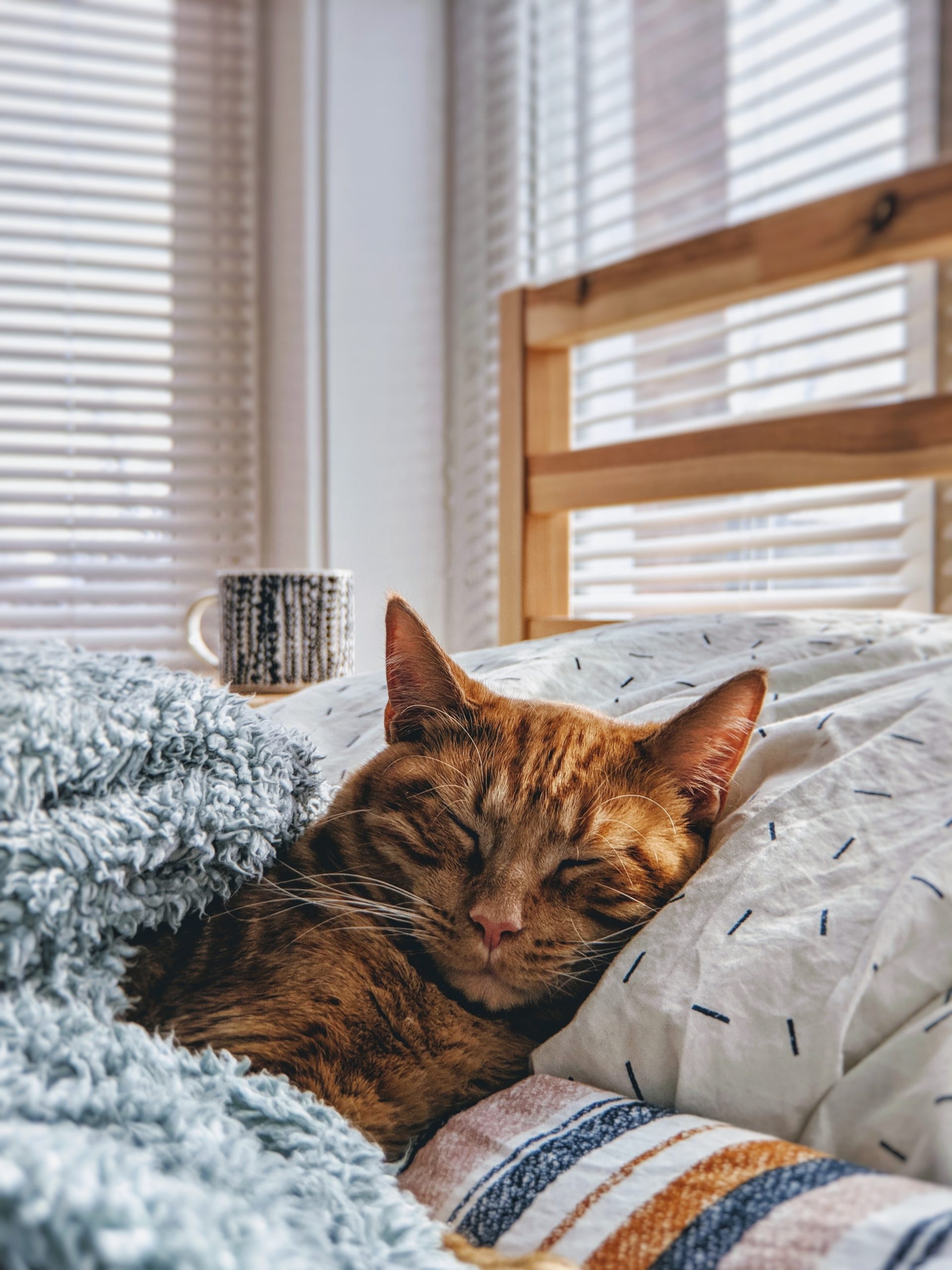Myths and realities of Erasmus
The reasons for becoming an Erasmus student can differ from one person to the other. Perhaps you are looking for a new experience, add value to your academic profile, to perfect a language, to get to know another culture... In one way or another, this experience (more than one for some people) is wrapped up in realities and myths that persecute those who embark on it. Which of them are true? Which do not correspond to reality? There are as many Erasmus stories as there are people, but they all share some characteristics that we will try to demystify. Discover the most well-known myths and realities of Erasmus.
The Erasmus begins
Erasmus lifestyle starts long before you arrive in the country you have chosen as your destination. It starts the moment you make the decision to be part of this programme and decide which destination you might like best. In the end, though, it's totally true that the programme doesn't take on as much importance as the people you meet does. The people, whom you will define in a special way (see end of article) and who will accompany you during your stay.
The day to day at the beginning may be less easy and idyllic than you thought. Getting used to other situations away from the familiar comforts of home can be hard at first, but it is temporary. Especially if you don't leave the subject of accommodation very well closed.
A matter of vital importance and for that reason from Erasmus Play we can help you to find the "new foreign home" more adapted to your needs and way of being. In this way, you will avoid situations such as sharing bathrooms with many people or microwaves for which you will have to long wait. However, those little initial problems soon become anecdotes and are replaced by days full of plans, new faces that change constantly, places to discover and enough nights to remember or almost. Laughs and somewhat strange experiences become the soundtrack and common denominator of every minute.
The most popular myths
Erasmus is full of myths such as: "Erasmus don't do anything". Many believe that you only think about partying and spending your parents' money. This is not true, at least for those who want to take advantage of the experience: to learn and grow as a person. Perfecting a language and the way to deal with almost any situation, or in other words, "pulling your weight" and empowering your self-improvement, is almost impossible not to have in your suitcase when you return. There are also several survival techniques in the kitchen that your mother might be proud of.
Another well-known myth is of course - and here we are alluding to the previously written phrase: "enough nights to remember or almost..." - the party. What is the truth in this? Let’s say it is somehow true. If you organize yourself well, you can make plans practically every day of the week. A very common situation during the first month, after which it usually calms down. You become more selective, with those you like most. In addition, classes and practices begin and a certain routine arrives which is sometimes broken, especially at the weekends. In June the course usually ends like the beginning, with a party.
Another myth is that: "you don't study anything". It's not going to be the most difficult academic year or months of your studies, but it doesn't mean you get the course for free. You will have to adapt to the education system of the destination country and take the required assignments or exams. About the school material that you should take with you -we remind you that it is important to know how to pack your suitcase-. Well, It is not necessary to include too many things, not because you are not going to use it, but because in your host country you can surely buy them and that is weight you avoid.
You eat badly: myth or reality of Erasmus?. It all depends on your cooking skills, time and budget. Moreover, it is the ideal opportunity to learn cooking. It is true that you cannot compare the quality of many fresh products as you can find for example in Spain, but the choice of the place of purchase is yours. You can go to a supermarket and buy a lot of pre-cooked products or go to an organic market and cook in a healthy way. Depending on how you eat, you will respond with a "yes" or "no" to: "take a few kilos".
Travelling is considered a reality for Erasmus students. Is an Erasmus student travelling all year round? You can travel a lot, yes, to get to know as much as possible of the host country. The most advisable thing is to plan your trip and, most importantly, to have enough money once all the necessary expenses have been covered. It is usual to look for a job, this point would deserve a separate article. Although in these trips comfort is not a usual worry, therefore, there is no need for huge savings. A lot of myths and realities surround Erasmus, where is the line drawn?
The scholarships provided by the grant solves Erasmus mobility. False. The amount is generally low and does not usually exceed 400 euros per month, although the amount can be modified depending on different economic and political factors of the moment. Is it a grant? Yes, but it does not cover the costs of accommodation, food, transport or leisure? No. #Erasmus500, the initiative towards a fair Erasmus aims to achieve a base amount of 500€ per month for students, under the principles of inclusiveness, simplicity and strong support.
We must not forget one of the most pronounced words and also feared by relatives: the Orgasmus. The myth of long-distance relationships, sporadic encounters or Erasmus love. Surely it is one of the periods where more people will know and where more people have a special interest in knowing you. There are those who separated during the programme, others who stayed together or even met the one who is now your husband or wife or father of your children. There are also those who go and come back the same way. In one way or another, it is a year of unique relationships and how far you go is up to you.
One of the greatest lessons learned is that you value more what you have at home: true. Sometimes it is important to "lose" things and people, to know what you really care about or not. Spending time away from your own helps you to value the unconditional support of your parents, the trust of your friends and even your attachment to some of the customs that make up your identity. All of these you will complement with many others that you will bring with you when you return. Among them, you will call it "Erasmus family".
Finally, the sentence time flies fast is not true, because it flies extremely quick, so make the most of it. Being an Erasmus and, this is not a myth, changes you mainly from the inside. A truth that only those who have already lived it understand.
These are the typical myths and realities of Erasmus. You surely knew all these myths, but did you know new ones? Please, share your favourite myths and realities about Erasmus in the comment section down below.







0 Comments